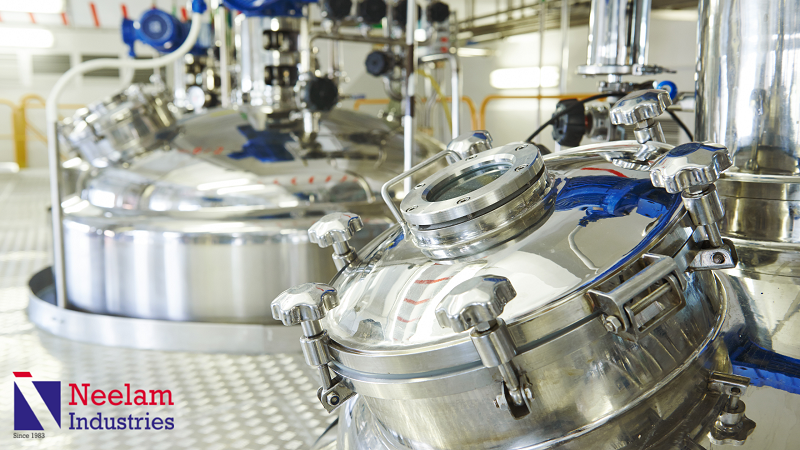Sterile injectables are a crucial category of medication used to treat various conditions and deliver specific drugs directly into the bloodstream. Their production requires a meticulous and tightly controlled process to ensure sterility and maintain the highest safety standards. Understanding the different stages involved in sterile injectable production, including the role of sterile manufacturing vessel manufacturers, is essential for both healthcare professionals and those interested in the pharmaceutical industry.
Pre-Production and Formulation Development:
The journey of a sterile injectable begins with extensive research and development. Scientists and researchers meticulously formulate the drug, considering factors like solubility, stability, and desired release profile. This stage also involves selecting appropriate excipients, which are inactive ingredients that play a crucial role in stabilizing the drug and ensuring its functionality.
Raw Material Procurement and Quality Control:
Once the formulation is finalized, high-quality raw materials are procured from qualified vendors. These materials undergo rigorous testing to ensure they meet strict pharmaceutical-grade specifications and are free from contaminants. Reputable sterile manufacturing vessel employ robust quality control measures at this stage to guarantee the integrity of the raw materials used in the production process.
Sterile Manufacturing:
This is the heart of the production process, where the sterile environment is paramount. The core equipment used in this stage is the sterile manufacturing vessel, a specialized container designed to maintain sterility throughout the mixing and processing of the drug solution. These vessels are meticulously designed and constructed from high-grade materials to withstand rigorous cleaning and sterilization procedures.
Aseptic Processing:
Aseptic processing refers to the techniques employed to maintain sterility throughout the manufacturing process. This involves several crucial steps:
Preparation:
The sterile manufacturing vessel and associated equipment undergo thorough cleaning and sterilization using validated cleaning and sanitization (CIP/SIP) procedures.
Filling:
The sterilized drug solution is carefully transferred into pre-sterilized vials or ampoules within a specially designed aseptic filling environment. This environment maintains a controlled atmosphere with minimal airborne particles to prevent contamination.
Sealing and Capping:
The filled vials or ampoules are securely sealed and capped using sterilized equipment to maintain sterility and prevent leakage.
Quality Control and Inspection:
Throughout the production process, stringent quality control measures are implemented to ensure the product meets established specifications. Samples are drawn at various stages and subjected to extensive testing, including:
Sterility testing:
To confirm the absence of any microbial growth.
Physical and chemical testing:
To verify the drug’s potency, purity, and other critical parameters.
Container closure integrity testing:
To ensure the vials or ampoules maintain their sterile barrier.
Packaging and Labeling:
Only after passing all quality control checks are the sterile injectables packaged and labeled according to regulatory requirements. The packaging material must be suitable for protecting the product from external factors like light, moisture, and contamination. Labels provide crucial information about the medication, including dosage instructions, expiry date, and potential side effects.
Storage and Distribution:
Strict storage and distribution conditions are essential to maintain the sterility and efficacy of the final product. Sterile injectables are typically stored in controlled environments with specific temperature and humidity ranges. They are then distributed to healthcare facilities and pharmacies through a well-defined and monitored supply chain.
Conclusion:
The production of sterile injectables involves a complex and multi-stage process that prioritizes safety and efficacy. From meticulous formulation and raw material selection to rigorous sterilization procedures and comprehensive quality control, every step plays a critical role in ensuring the final product meets the highest standards and delivers safe and effective treatment to patients.

